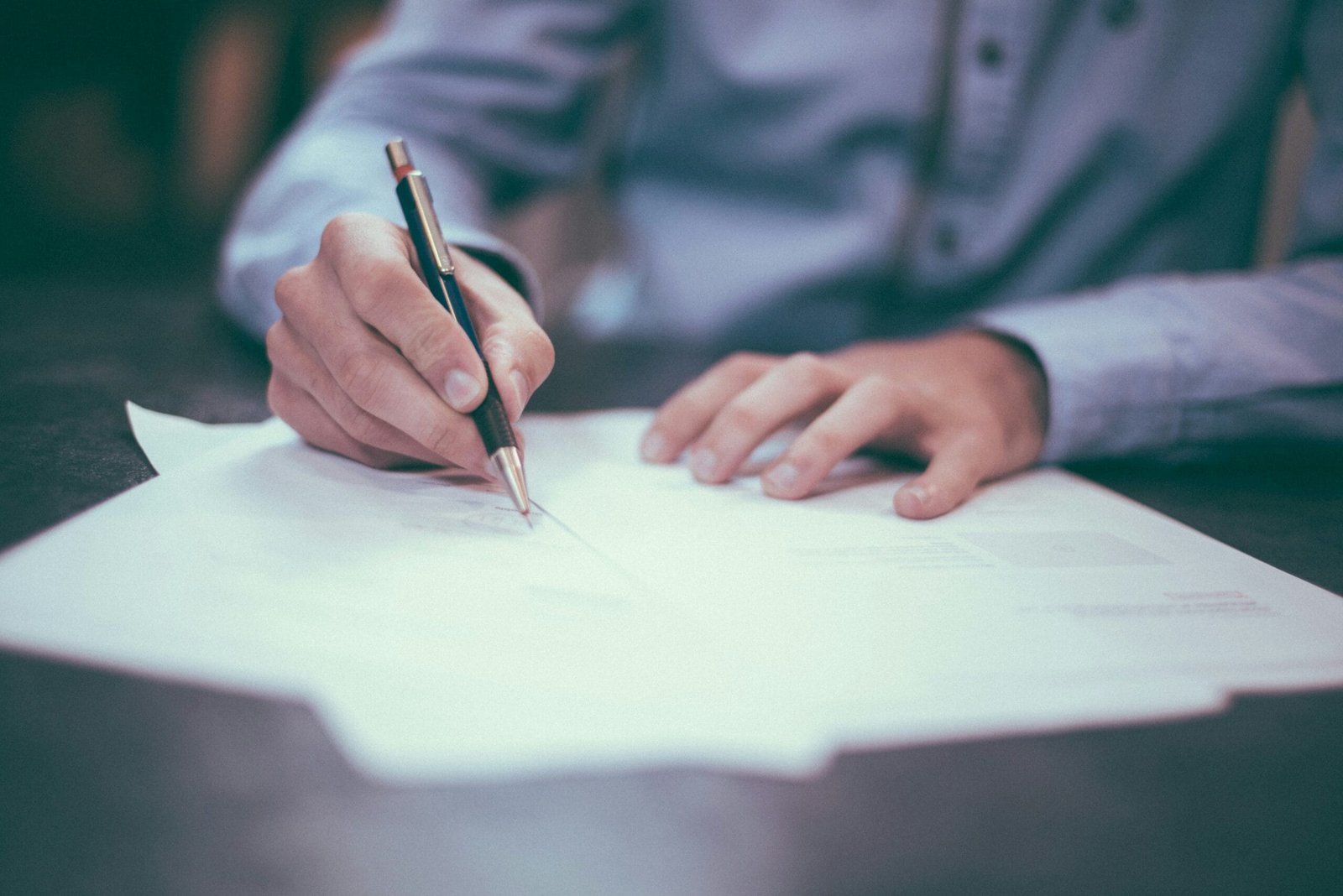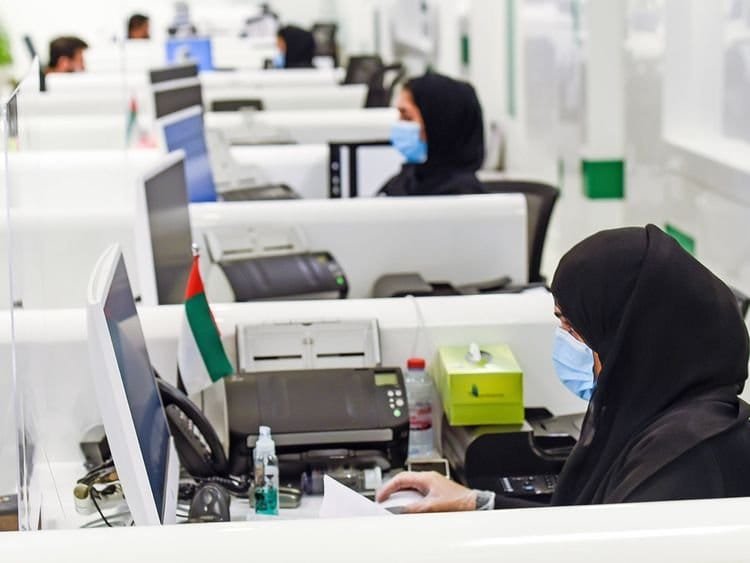Introduction to Power of Attorney
A Power of Attorney (POA) is a crucial legal document that authorizes one individual, known as the principal, to appoint another person, termed the agent or attorney-in-fact, to perform certain actions on their behalf. The scope of a POA can be broad or very specific, depending on the needs and preferences of the principal. Essentially, it provides a way for the agent to manage legal, financial, or personal affairs when the principal is unable or unavailable to do so.
The significance of a POA becomes particularly evident in a bustling, dynamic environment such as Dubai, where individuals may frequently travel or engage in complex business transactions. Having a POA ensures that day-to-day or significant responsibilities can be managed seamlessly by a trusted individual, thereby avoiding potential disruptions or legal complications.
The types and scope of authority granted through a Power of Attorney can vary widely. For instance, a general POA gives the agent extensive powers over the principal’s affairs, while a specific POA restricts the agent’s authority to particular tasks or decisions. This flexibility makes the Power of Attorney a versatile tool for both personal and business settings.
One of the key reasons for establishing a POA in Dubai is the diverse and multinational population, many of whom may have interests in multiple countries. A POA allows them to ensure that their affairs are in order even when they are not physically present. Moreover, in emergency situations where the principal is incapacitated, the agent can promptly make vital decisions, thereby safeguarding the principal’s interests.
Understanding the fundamental aspects of a Power of Attorney is the first step in appreciating its significance. This comprehensive guide aims to elucidate how a POA operates and its pivotal role in ensuring effective and efficient management of pivotal matters, especially in a fast-paced metropolis like Dubai.
Types of Power of Attorney in Dubai
In Dubai, a Power of Attorney (POA) is a critical legal instrument that allows an individual, referred to as the principal, to authorize another person, known as the agent, to act on their behalf in various matters. The type of POA chosen significantly influences the scope and limitations of the agent’s authority. There are primarily three types of POAs in Dubai: General POA, Special POA, and Medical POA, each serving distinct purposes and used under specific circumstances.
General Power of Attorney
The General Power of Attorney is the most encompassing form of POA. It grants the agent broad powers to manage the principal’s affairs, including property transactions, financial dealings, business operations, and more. Due to its extensive scope, a General POA is typically used when the principal is traveling for an extended period or is otherwise unable to manage their affairs personally. While it provides comprehensive control, the principal must trust the agent implicitly, as this POA carries a significant risk of misuse if not carefully monitored.
Special Power of Attorney
Unlike the General POA, the Special Power of Attorney is limited to specific tasks or transactions. It is useful for designated activities such as selling a property, managing a particular investment, or handling a single business transaction. The limitations of the Special POA offer more security for the principal, as the agent’s authority is confined to the predefined duties outlined in the document. This type of POA is usually issued for specific, short-term purposes, providing a balance between granting necessary authority and maintaining control over personal affairs.
Medical Power of Attorney
The Medical Power of Attorney is highly specialized, empowering the agent to make healthcare decisions on behalf of the principal. This can include consenting to or refusing medical treatments, accessing medical records, and making end-of-life care decisions. Such a POA becomes crucial in situations where the principal is incapacitated due to illness or injury and is unable to make informed decisions about their medical care. The agent selected for a Medical POA should ideally be someone the principal trusts deeply to respect their healthcare wishes and best interests.
Understanding the differences between these types of POAs is essential for selecting the one that best fits the principal’s needs and circumstances. In Dubai, careful consideration and, in many cases, legal guidance are advisable when preparing and executing a Power of Attorney to ensure that it serves its intended purpose effectively and securely.
Legal Requirements and Documentation
Power of Attorney (POA) in Dubai is governed by comprehensive legal frameworks that ensure its legitimacy and enforceability. To create a valid POA, there are specific mandatory requirements and documentation that must be adhered to closely.
Firstly, both the principal, the person granting the authority, and the agent, the individual receiving it, need to present adequate personal identification. Accepted forms of identification include a valid passport, Emirates ID, or, for companies, valid business licenses and authorized signatory identification. It is essential to verify these documents are up-to-date to avoid any procedural delays.
The document itself must include explicit wording that pertains to the scope of authority being granted to the agent. Specificity is critical here; the POA should clearly outline the actions the agent is permitted to undertake. Whether it is restricted to a particular transaction or grants broader powers, the language used must be unambiguous to prevent future legal disputes.
Furthermore, the role of the Notary Public is crucial in the notarization process. A Notary Public in Dubai acts as an impartial witness to the signing of the POA document, ensuring that it meets all legal standards and that the principal understands the powers they are granting. The notarization process typically requires an in-person appearance by the principal at a notary office. However, recently, the Dubai Courts have introduced e-Notary services to accommodate virtual notarization, making the process more accessible.
The notarized POA must also include the necessary stamps and signatures. Once notarized, the document becomes legally binding, and the agent can commence actions on behalf of the principal as stipulated. It is vital for all parties involved to retain copies of the notarized POA for their records.
In summary, adhering to the legal requirements and ensuring proper documentation are pivotal for the validity of a POA in Dubai. Accurate identification, precise wording, and official notarization are key components that uphold the integrity and functionality of the POA. Keeping these elements in check guarantees a seamless execution of the powers granted, in compliance with Dubai’s legal standards.
Steps to Obtain a Power of Attorney in Dubai
When navigating the legal landscape of Dubai, obtaining a Power of Attorney (POA) is a critical step that requires a meticulous approach. Initially, it is prudent to seek the guidance of a qualified legal expert to ensure that the process aligns with local regulations and your specific needs. During the initial consultation, it is vital to discuss your particular circumstances, the scope of authority you wish to grant, and any pertinent legal implications.
Preparing for these consultations demands comprehensive documentation and clarity regarding the intentions behind the POA. Key questions to ponder include: What decisions will the attorney-in-fact be authorized to make? What is the duration of the authority granted? Switching to the next phase, drafting the POA document necessitates a detailed outline of the powers to be conferred. Collaborate closely with your legal advisor to draft a POA that accurately reflects your intentions while also adhering to the statutory framework established in Dubai.
Once the draft is prepared, it must be thoroughly reviewed, ensuring that all stipulated terms are clear and unambiguous. Potential pitfalls at this stage include overly broad or vague language which might lead to misinterpretation or legal challenges down the line. After a meticulous review, the POA document is ready for notarization. In Dubai, the notarization process is conducted by a notary public, who will verify the identities of the involved parties and the authenticity of the document.
To streamline this stage, ensure all required paperwork is in order, including identification documents and residential proof. The notary’s role is to ascertain that the document complies with legal standards and that all parties understand the implications. Successfully navigating these steps culminates in the issuance of a legally binding Power of Attorney, empowering the designated individual to act on your behalf within the defined scope.
Common Uses and Scenarios
In the dynamic landscape of Dubai, Power of Attorney (POA) plays a pivotal role in facilitating various personal and business engagements. One of the most prevalent uses of POA is in business transactions. For instance, business owners frequently issue a POA to trusted partners or managers enabling them to make critical decisions, sign contracts, or handle banking affairs in their absence. This delegation of authority ensures the seamless operation of businesses without the need for the owner’s constant presence.
Real estate dealings represent another common scenario where POAs are instrumental. In Dubai’s vibrant real estate market, buyers and sellers often appoint agents through a POA to manage property transactions. This can encompass signing contracts, registering properties with the Dubai Land Department, handling financial transactions, and even managing rental agreements. Such delegation is particularly beneficial for expatriates or international investors who may not always be present in the city.
On a more personal level, healthcare decisions are a crucial area where POAs are utilized. Individuals may grant a trusted family member or friend a healthcare POA to make medical decisions on their behalf should they become incapacitated. This can include consenting to or refusing specific treatments, selecting healthcare facilities, and ensuring that the individual’s medical preferences are respected.
Additionally, POAs can be essential in managing personal financial matters. Individuals, especially those with significant assets, often appoint attorneys-in-fact to oversee their banking, investment, and tax matters. This authorization ensures that financial obligations are met and assets are managed prudently, even when they are unable to personally oversee these responsibilities.
These examples underline the versatility and practicality of POAs in Dubai. Whether for managing a bustling business, executing real estate transactions, or making critical healthcare decisions, a well-drafted POA can be a vital tool for ensuring that one’s affairs are handled efficiently and according to their wishes.
Revocation and Termination of a POA
The revocation and termination of a Power of Attorney (POA) in Dubai are crucial aspects that ensure the document remains effective and relevant. A POA in Dubai can be revoked, or terminated, under specific circumstances, aligning with legal frameworks and protocols. Understanding these conditions helps in preserving the integrity and intent of the POA.
One primary circumstance for the termination of a POA is the death of the principal. Upon the principal’s demise, the powers granted to the agent automatically cease, as the principal can no longer endorse the authority. An agent’s inability to perform their duties, due to reasons such as incapacity or unwillingness, also results in the termination of the POA. Additionally, the principal and the agent may mutually agree to revoke the POA at any given time.
The revocation process in Dubai necessitates adherence to specific legal procedures to ensure its validity. The principal may revoke a POA by issuing a revocation notice or declaring it null and void in a legal document. This revocation must then be notarized to formalize the decision. Furthermore, the principal is required to inform all parties previously notified about the POA, including the agent and any relevant institutions or organizations. This communication must be done promptly to avoid any legal complications or misunderstandings.
Documentation plays a critical role in the revocation and termination process. The principal must provide a written statement of revocation, which should include details such as the date of the original POA, the names of the principal and agent, and a clear declaration of the intent to revoke the document. Notarization of this statement is pivotal for its legality and recognition in Dubai.
In essence, the revocation and termination of a POA in Dubai are governed by stringent legal procedures to ensure clarity and enforceability. Adhering to these protocols safeguards the interests of all parties involved and maintains the legal sanctity of the Power of Attorney.“`html
Risks and Responsibilities
Granting or accepting a Power of Attorney (POA) in Dubai involves several critical risks and responsibilities that must be carefully understood by both the principal and the agent. At the core of these responsibilities lies the fiduciary duty of the agent. This duty mandates that the agent acts in the best interests of the principal at all times. The agent is obligated to manage the principal’s affairs with utmost care, loyalty, and transparency, ensuring that their actions align with the principal’s intentions and benefit.
One of the paramount responsibilities is maintaining transparency. The agent must keep detailed records of all transactions and decisions made on behalf of the principal. This level of transparency is vital not only for maintaining trust but also for providing accountability, should any dispute arise. Regularly informing the principal about key decisions and seeking their approval when necessary can mitigate misunderstandings and help preserve the integrity of the agent-principal relationship.
However, the authority vested in an agent through a POA is not without its risks. A significant concern is the potential abuse of power. An unscrupulous agent might act in their own interest, rather than that of the principal, which can lead to financial losses, legal complications, and erosion of trust. Such scenarios underline the importance of selecting an agent who is not only competent but also trustworthy and ethically sound.
In situations where abuse of power occurs, legal recourses are available. The principal can revoke the POA at any time, provided they are mentally competent. Legal action can also be pursued to recover losses and hold the agent accountable for any misconduct. Additionally, it is advisable to include specific terms in the POA document that outline the agent’s limitations and responsibilities clearly. This can provide a framework for accountability and serve as a protective measure against misuse of authority.
Ultimately, understanding the risks and responsibilities associated with a POA is essential for both parties to ensure that the arrangement functions smoothly. By emphasizing fiduciary duties, maintaining transparency, and being vigilant about the potential for abuse, principals and agents can safeguard their interests and uphold the integrity of this powerful legal instrument.
Finding Legal Assistance
Securing the services of a competent legal advisor is crucial when creating and managing a Power of Attorney (POA) in Dubai. The intricacies of Dubai’s legal systems and the evolving nature of its legal landscape necessitate thorough guidance from a well-versed legal professional. Thus, it is essential to carefully consider several factors when selecting a reputable lawyer or legal firm.
Firstly, look for qualifications and certifications. In Dubai, legal advisors should possess the necessary accreditations and degrees from recognized institutions. Verify their credentials and ensure they are registered with the relevant authorities, such as the Dubai Legal Affairs Department. This confirmation will provide assurance of their legitimacy and adherence to professional standards.
Experience is another critical aspect. A legal advisor with extensive experience in handling POA cases specifically within Dubai will be better equipped to manage your needs efficiently. Such lawyers are likely to be familiar with local laws, customs, and common challenges, making them invaluable in navigating potential complexities.
Additionally, focus on their familiarity with current legal developments. Dubai’s legal framework is continuously evolving, and staying updated with these changes is imperative for any legal advisor you choose. Ensure that your chosen attorney is not only knowledgeable but also keeps abreast of the latest legislative updates and judicial rulings that could impact your POA.
Reputation and client feedback also play a pivotal role. Research reviews and testimonials from previous clients to gauge the lawyer’s professionalism, reliability, and effectiveness in similar cases. Personal recommendations from trusted sources can also provide useful insights.
Finally, understand that navigating a POA, particularly in complex scenarios such as cross-border arrangements or business transactions, requires specialized legal guidance. Having a trusted legal advisor can offer peace of mind, ensuring that all legal documents are correctly drafted, validated, and in accordance with Dubai laws, thereby preventing future legal complications.





